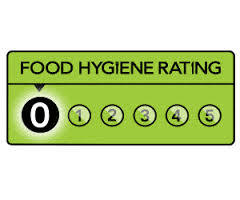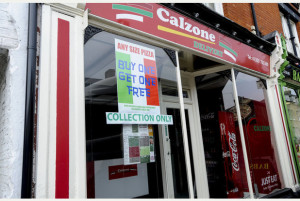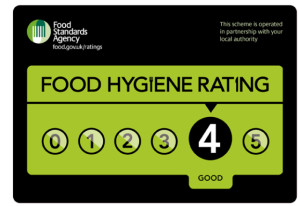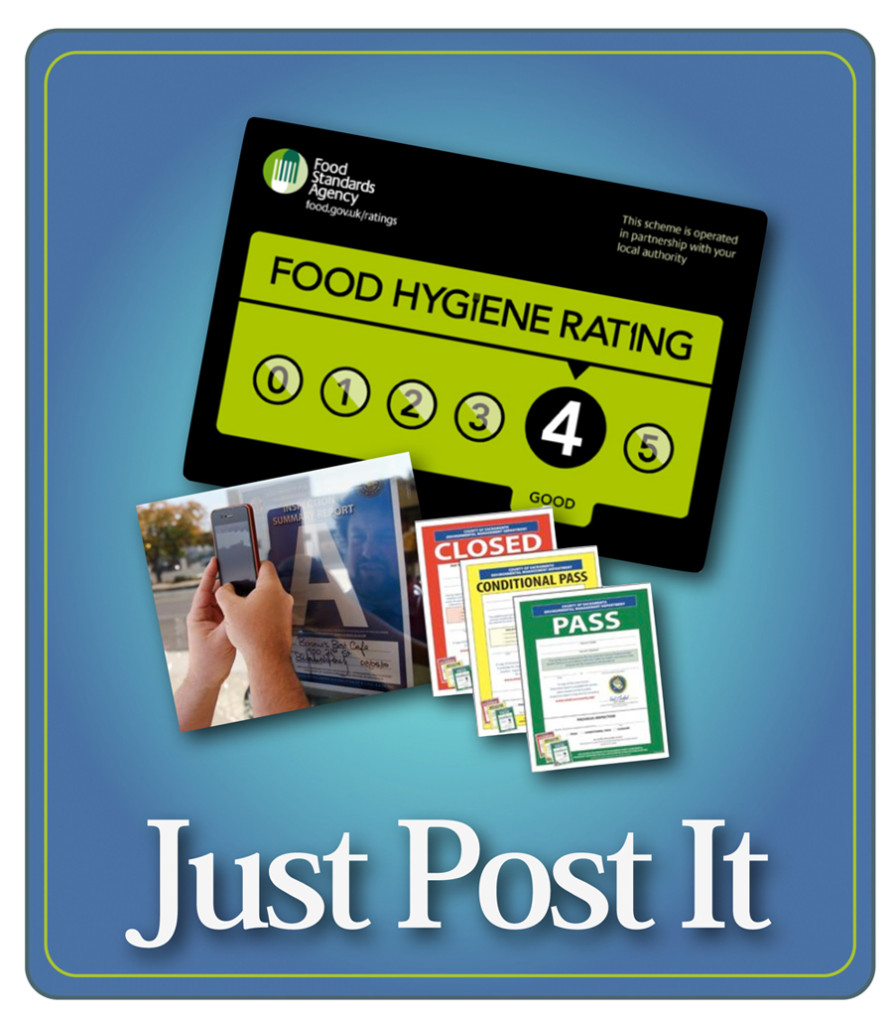Almost 800 businesses across South Yorkshire have failed food safety inspections in the past two-and-a-half years.
 Figures from the Food Standards Agency show 764 firms across the region are currently listed as failing to meet the minimum three out of five-star rating in inspections.
Figures from the Food Standards Agency show 764 firms across the region are currently listed as failing to meet the minimum three out of five-star rating in inspections.
More than 270 businesses in Rotherham were not up to standard, along with 195 in Sheffield, 167 in Doncaster and 127 in Barnsley.
Food inspectors rated 27 companies as zero stars – requiring them to make ‘urgent improvements’ to their hygiene standards.
Four Sheffield businesses – Chikoo’s Takeaway on London Road, Koh-I-Noor on Handsworth Road, Wincobank Deli on Wincobank Avenue and Charley’s Pantry on Wostenholm Road – have received zero-star ratings ordering urgent improvements to be carried out.
Chikoo’s was found to have evidence of mice in its cellar. A spokesman for Chikoo’s said since the July inspection which resulted in a zero rating, improvements have been made and a subsequent inspection has taken place.
Michael Bluff, principal officer for Sheffield Council’s food safety team, said the business was re-inspected on December 17 and has made ‘significant improvements’, with a new rating to be issued in early January.
Rashid Mahmood, owner of Koh-I-Noor for around 18 years, said standards have improved since the inspection which resulted in the zero rating in September.
Inspectors had found food in a walk-in chiller did not have use-by dates attached, while food handlers were observed not washing their hands correctly.
Mr Mahmood said there had been subsequent visits by food inspectors and the restaurant was hopefully of having a higher rating reinstated in the near future. He said he had not been on site when the September inspection occurred and said he understands the restaurant will soon return to its normal high rating.
“We have never had any complaints from anywhere,” he said.
“Everything is spotless and it is all nice and tidy. I’m really strict with my staff and it will never happen again.”





 “We had a choice (for dinner) of steak or fish.”
“We had a choice (for dinner) of steak or fish.”